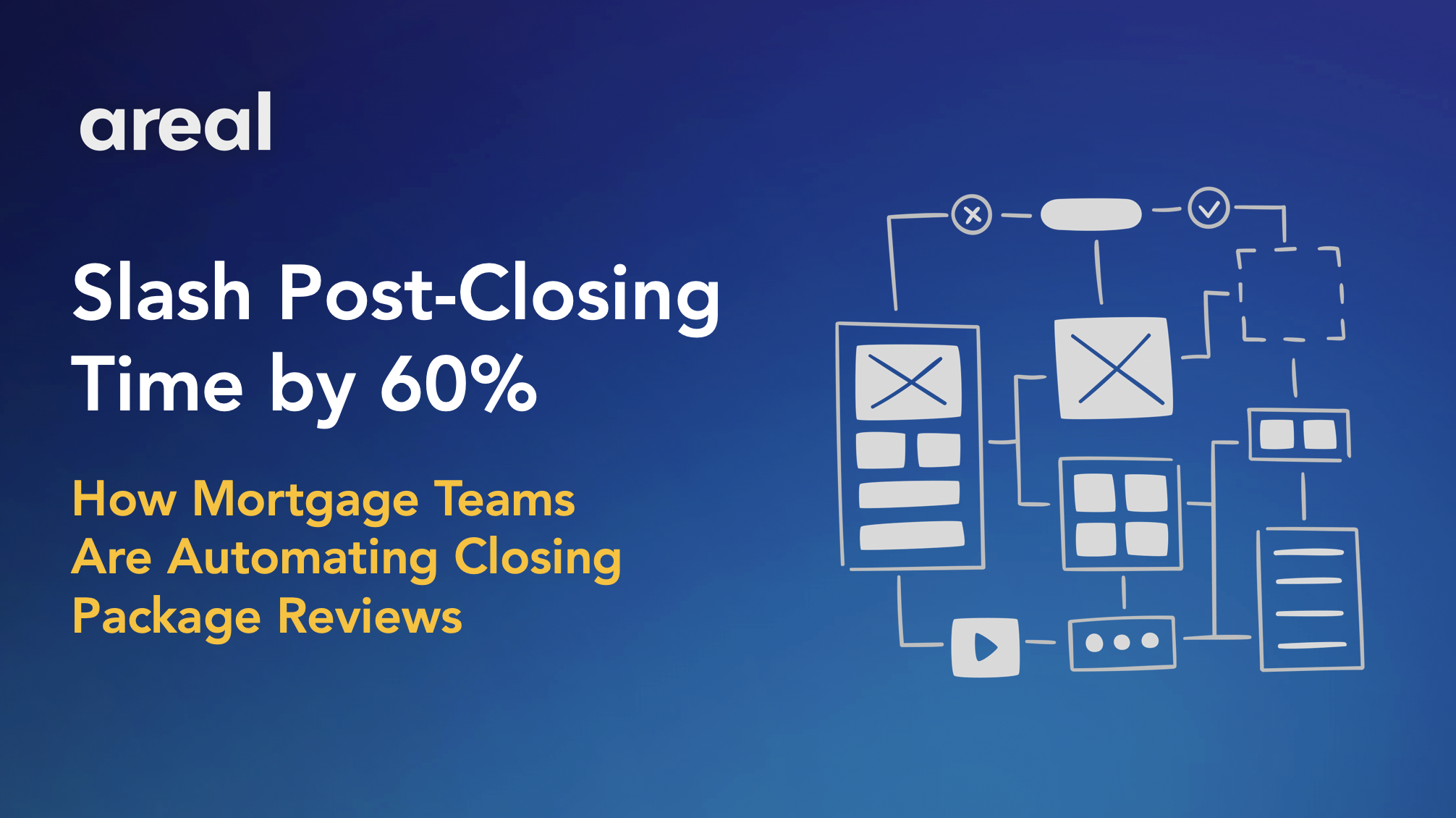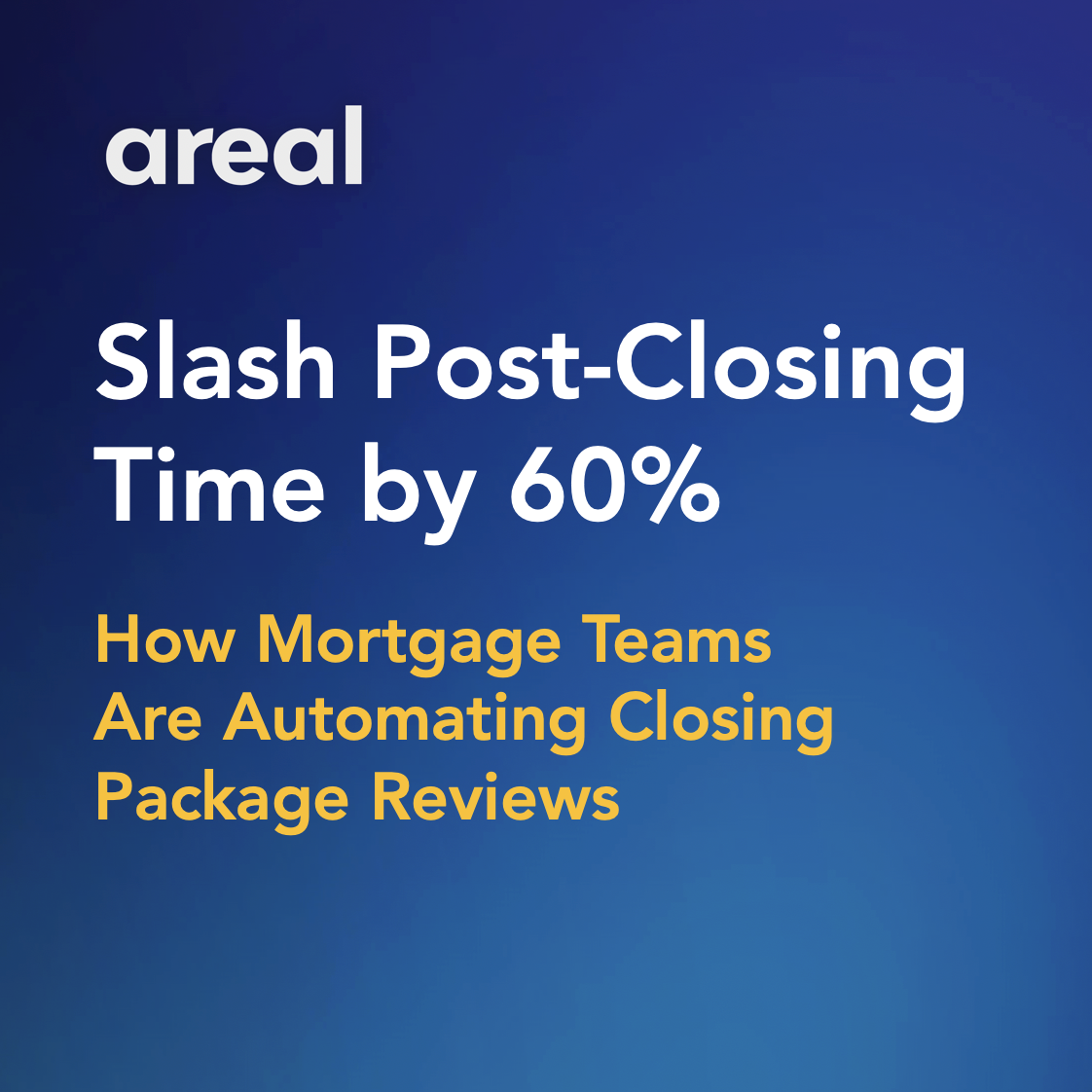This technology has revolutionized the way income verification is carried out, offering several advantages to both lenders and borrowers.
What is Income Verification?
Before delving into the benefits of automated solutions, it's crucial to understand what income verification entails. In financial transactions, especially those involving loans or mortgages, verifying a person's income is a fundamental step. This process ensures that the individual has the financial capacity to meet their obligations.
Traditionally, income verification involved a manual review of documents, such as pay stubs, tax returns, and employment letters. The process was not only time-consuming but also prone to errors. As technology progressed, the need for more efficient and accurate methods became apparent, leading to the development of automated solutions.
What is Automated Income Verification?
Automated income verification refers to the use of technology, particularly software and algorithms, to streamline and expedite the income verification process. This approach replaces or enhances traditional manual methods with a more sophisticated and precise system.
Instead of manually sifting through stacks of income verification documents, automated systems can analyze and validate this information swiftly. The software can verify various types of income, including salary, bonuses, and self-employment income, making it a versatile tool for different financial scenarios.
How Does Income Verification Work?
Understanding the mechanics of how income verification works is crucial to appreciate the advantages that automation brings to the table. In a manual process, a lender would collect income verification documents from the borrower, such as pay stubs and tax returns. These documents would then be carefully examined to ensure accuracy and legitimacy.
With automated systems, the process is significantly accelerated. The software can extract relevant information from the provided income documents and cross-reference it with various databases. This not only reduces the risk of human error but also enhances the overall speed of the verification process.
Why is Automatic Income Verification Software Preferred?
The preference for automatic income verification software stems from the myriad benefits it offers to both lenders and borrowers. Firstly, the speed at which the verification process is completed is unparalleled. In a matter of minutes, the software can validate income data, providing quick decisions on loan approvals or other financial transactions.
Moreover, the level of accuracy achieved by automated systems surpasses that of manual methods. The risk of errors in data entry or misinterpretation of income verification forms is significantly reduced. This not only benefits lenders by minimizing the likelihood of fraudulent applications but also ensures that borrowers receive fair and accurate assessments.
What is the Role of AI in Automated Revenue Verification Software?
At the heart of many automated income verification systems is artificial intelligence (AI). The integration of AI brings a level of sophistication that goes beyond simple rule-based algorithms. AI enables the software to learn and adapt, continuously improving its accuracy and efficiency over time.
In the context of income document verification, AI can recognize patterns and discrepancies that might elude the human eye. It can analyze not only the numbers on a pay stub but also the overall financial health of an individual. This holistic approach provides lenders with a comprehensive view, allowing for more informed decisions.
Additionally, AI plays a crucial role in enhancing the security of income verification services. The technology can detect anomalies or irregularities that may indicate fraudulent activity. This proactive approach adds an extra layer of protection, safeguarding both lenders and borrowers from potential risks.
Prosper Income Verification
One notable example of the success of automated income verification is evident in platforms like Prosper. Prosper, a leading online lending marketplace, utilizes advanced income document automation to streamline its lending processes. Borrowers on Prosper can experience quicker approvals and a more straightforward application process, thanks to the efficiency of automated income verification.
Income Verification for Mortgage
The real estate industry, particularly mortgage lending, has also embraced automated income verification. When applying for a mortgage, borrowers are required to provide extensive verification of income documentation. Automated systems can swiftly process this information, ensuring that mortgage applications move smoothly through the approval process.
IRS Income Verification
The involvement of government entities, such as the Internal Revenue Service (IRS), further underscores the credibility and reliability of automated income verification. Integration with IRS systems allows for seamless verification of tax returns and income information, adding an extra layer of validation to the process.
In conclusion, the adoption of income verification software, especially automated solutions, represents a significant leap forward in the financial industry. The advantages of speed, accuracy, and the integration of AI make these systems invaluable for lenders and borrowers alike. As technology continues to evolve, the future of income verification holds the promise of even more sophisticated and efficient solutions.







